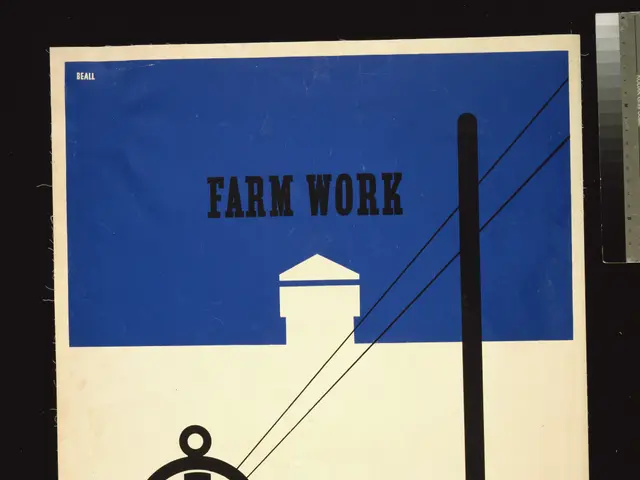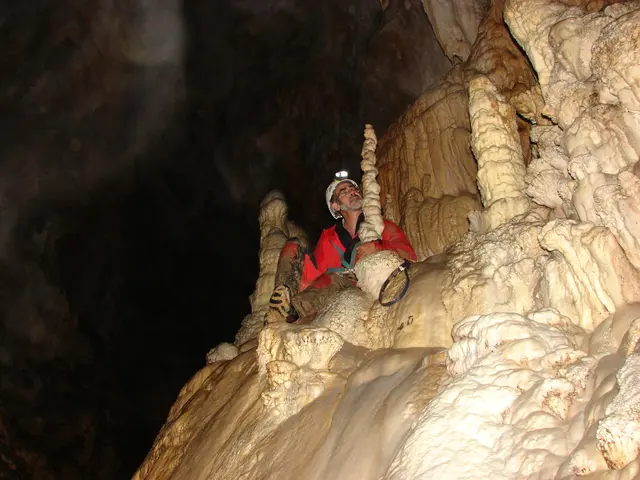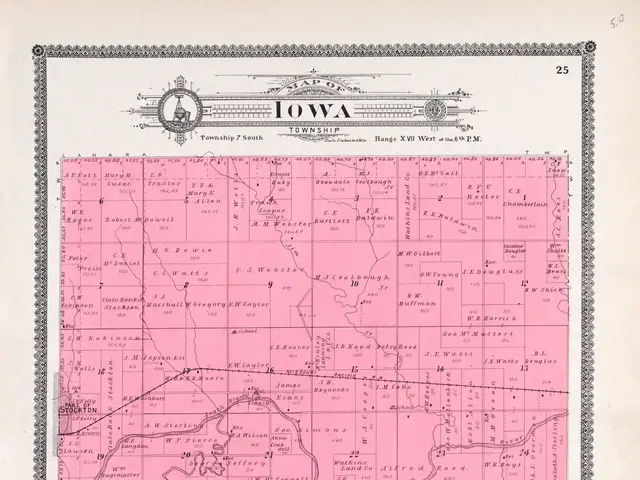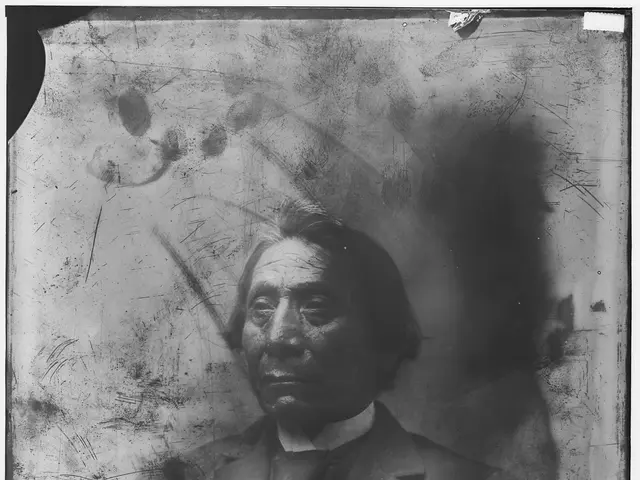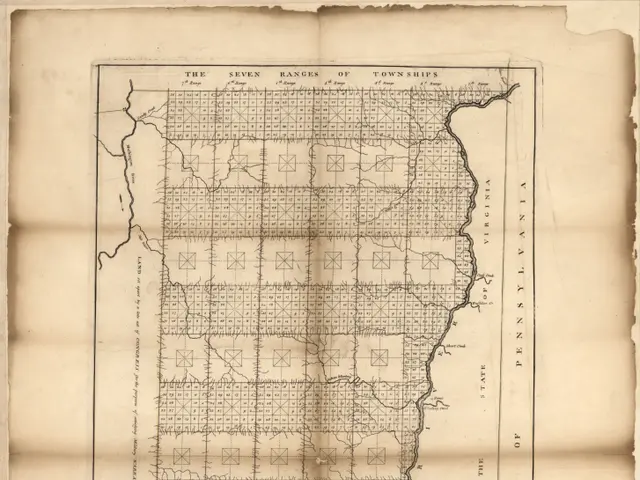Vegas tourist numbers dip by 6.5% in May, with gaming revenue also decreasing
**Struggling Strip: Las Vegas Gaming and Tourism Revenue Decline Amid Challenges**
Recent trends in Las Vegas and Nevada's gaming and tourism sectors have shown a notable decline, particularly on the Las Vegas Strip. In May 2025, the Strip's gaming revenue fell by 3.9% year-over-year, marking the fourth consecutive month of decline.
In May 2025, the Strip generated $713.7 million compared to $742.5 million in May 2024. This decline reflects ongoing challenges in the city's core gaming sector. Statewide gaming revenue also dropped by 2.2% year-over-year in May 2025, down to $1.29 billion from $1.32 billion in May 2024.
The Strip's fiscal year (July 2024-April 2025) gaming win revenue fell by 3.31% to $7.3 billion compared to $7.55 billion in the same period the previous year. Broader trends include a dip in both slot and table game revenues, with baccarat showing volatile but relatively high-risk performance.
Tourism into Las Vegas has also declined significantly, contributing to lower gaming revenue. In May 2025, there were 3.41 million visitors to Las Vegas, a 6.5% drop from 3.65 million in May 2024. Correspondingly, passenger counts at Harry Reid International Airport fell by 3.9% and vehicle traffic at the Nevada-California border declined by 5% in the same timeframe.
The decline in tourist numbers is partly attributed to inflation and shifting consumer preferences, with budget-conscious travelers opting for alternative, more affordable gaming destinations such as Mesquite and Reno. Inflation pressures are reducing discretionary spending among tourists, while increased competition from emerging gaming markets in other states and expanded online betting options are siphoning revenue away from Nevada’s gaming hubs. Consumer confidence has also declined, with a Consumer Confidence Index drop of 8.2 points in April 2025, likely contributing to reduced spending on gaming and entertainment on the Strip.
Amidst these challenges, it's worth noting the professional writing experience of Lucas Dunn, a New Jersey-born and raised copywriter. Lucas works with clients from the US, the UK, New Zealand, Australia, South Africa, and Canada. His content includes casino, software provider, and game reviews, news, and blogs. Before writing gambling content, Lucas pursued a bachelor's degree in psychology at Rutgers University. Interestingly, Lucas was a painter before he started writing full-time and now doubles as a painter in addition to his writing work.
While the traditional gaming industry in Nevada faces a challenging environment, some regional gaming markets and digital gaming sectors show resilience, suggesting a mixed but hopeful outlook for the future.
- Despite the decline in Las Vegas's gaming and tourism sectors, a growing interest in sports betting could potentially reverse the trend, given the city's well-established history as a gambling hub.
- In the face of tough competition from emerging markets and online betting platforms, high-end casinos in Las Vegas are now offering more poker tournaments and casino-games, like poker, to attract a diverse clientele and stimulate growth.
- The decline in gaming revenue has led some experts to explore the impact of city history and casino-culture on current trends, as Las Vegas strives to remain relevant in an increasingly competitive landscape.
- As traditional casino gaming struggles, the ongoing evolution of the casino-and-gambling industry will require adaptability, with new trends like increased regulation of online sports betting and live casino games emerging as potentially significant factors in the future of the gaming sector.

